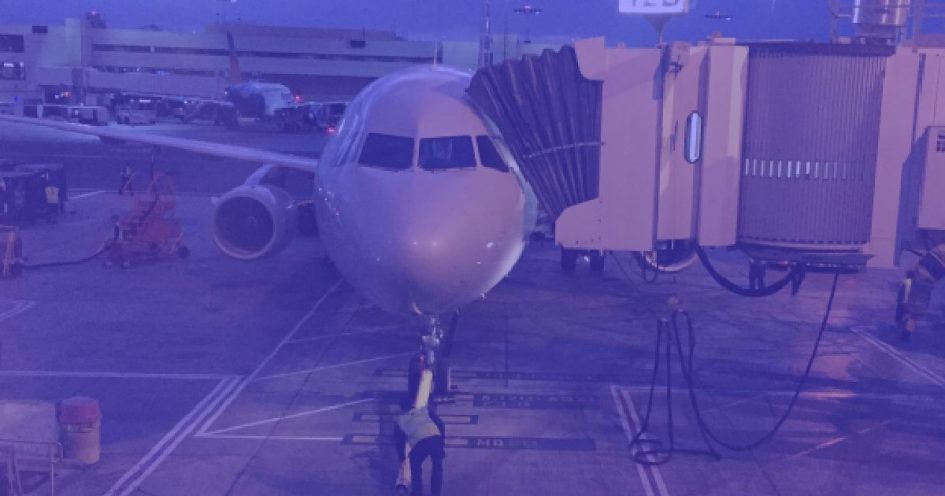Profitable airlines benefit from billions in public investments, tax relief, and subsidies in the form of jet-fuel tax breaks and other programs. Taxpayers and their elected representatives are increasingly looking for ways to ensure that any investment of public dollars in the aviation sector comes with additional measures of accountability.
“With fuel prices down and airlines profits up, the tax break isn’t necessary.”
—Savannah Morning News’
In 2016, US passenger service airlines made $13.5 billion in profit. Meanwhile, a June 2017 report from the Economic Roundtable found that the US airline industry receives an estimated $13 billion in annual subsidies.
An earlier 2015 report from the Risk Advisory Group estimated that just 3 US carriers – United, American and Delta – have received more than $71.5 billion in government support, with more than $70 billion of that total coming since 2000. United Airlines was the largest recipient of government subsidies with more than $44 billion in subsidies.
Unfortunately, the airline industry’s widespread use of low-wage, irresponsible contractors to perform many important service, security and safety roles has meant that, increasingly, contracted workers are paid so little that they have to rely on various forms of public assistance to make ends meet.
By contrast, the Economic Roundtable found that raising the minimum wage to $15 at US airports would generate an additional economic stimulus of $1.8 billion in the first year alone, while supporting 22,512 new year-round jobs. The report estimated that overall public assistance benefit costs would decrease by $433 million. Moving to a $15 minimum wage at just four United Airlines hub airports (Chicago O’Hare, Denver, Newark and Houston (IAH)), would impact more than 32,500 workers and increase annual earnings by more than $220 million.
SPOTLIGHT ON JET FUEL TAX LOOPHOLES
As the airline industry makes billions in annual profits and continues to benefit from $13 billion in estimated annual subsidies, it is time for elected officials at all levels of government to take action to close jet fuel tax loopholes. Many states provide de-facto tax subsidies for airlines by providing exemptions or lower tax rates on jet fuel.
A 2015 study estimated that states give airlines more than $1 billion in tax breaks on more than 12 billion gallons of jet fuel. The study estimated that several states lose more than $100 million annually in tax revenue.
